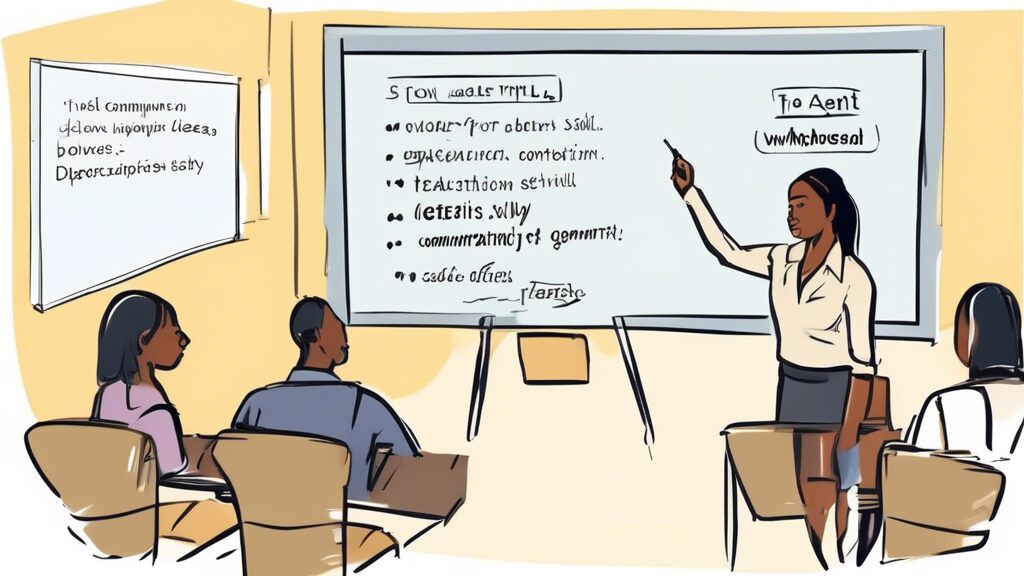What is Agent Training?
Agent training encompasses all the processes involved in onboarding and equipping customer service agents with the necessary skills and knowledge to excel in their roles. It involves a comprehensive approach to developing agents who can effectively interact with customers, resolve inquiries, and provide exceptional service that aligns with the company’s goals and values.
The Importance of Agent Training
Investing in robust agent training programs is crucial for several reasons:
- Enhanced Customer Satisfaction: Well-trained agents are better equipped to handle customer inquiries efficiently and effectively, leading to increased customer satisfaction and loyalty.
- Improved First Call Resolution (FCR): Effective training empowers agents to resolve issues during the first interaction, reducing the need for follow-up calls and enhancing efficiency.
- Reduced Agent Turnover: Comprehensive training programs demonstrate a company’s commitment to its employees, leading to increased job satisfaction and reduced turnover rates.
- Boosted Brand Reputation: Knowledgeable and skilled agents contribute to a positive brand image, fostering customer trust and loyalty.
- Increased Revenue: Satisfied customers are more likely to make repeat purchases and recommend the company to others, ultimately driving revenue growth.
Key Components of Agent Training
1. Onboarding and Induction
The initial phase of agent training focuses on familiarizing new hires with the company culture, values, products/services, and internal systems. This may involve:
- Welcome orientations and introductions to team members
- Company history, mission, and values presentations
- Product/service knowledge training
- Overview of internal systems and tools
2. Soft Skills Development
Excellent customer service relies heavily on strong soft skills. Training programs should focus on developing:
- Communication Skills: Active listening, clear and concise communication, empathy, and building rapport with customers.
- Problem-Solving Skills: Identifying customer issues, analyzing situations, and providing effective solutions.
- Decision-Making Skills: Making informed choices under pressure while adhering to company policies and procedures.
- Conflict Resolution: Diffusing tense situations and resolving customer complaints effectively.
- Time Management: Handling multiple tasks efficiently and prioritizing customer needs.
3. Technical Skills Training
Depending on the industry and specific role, agents may require training on various technical skills, such as:
- CRM software and ticketing systems
- Omnichannel communication platforms
- Knowledge base and self-service tools
- Data entry and reporting systems
- Industry-specific software and tools
4. Ongoing Training and Development
Agent training is not a one-time event but an ongoing process. Continuous development programs help agents stay updated on industry trends, new products/services, and evolving customer expectations. This may include:
- Refresher courses on key topics
- Advanced training on specialized skills
- Product/service updates and new feature training
- Compliance and regulatory training
- Performance feedback and coaching sessions
Effective Agent Training Methods
There are various methods for delivering agent training, each with its advantages and considerations:
- Classroom Training: Traditional instructor-led training allows for interactive discussions and hands-on exercises.
- E-Learning: Online modules and courses offer flexibility and self-paced learning opportunities.
- Role-Playing and Simulations: These immersive experiences allow agents to practice their skills in realistic scenarios.
- Mentorship Programs: Pairing experienced agents with new hires for guidance and support.
- On-the-Job Training: Providing opportunities for agents to apply their skills in real-world situations under supervision.


